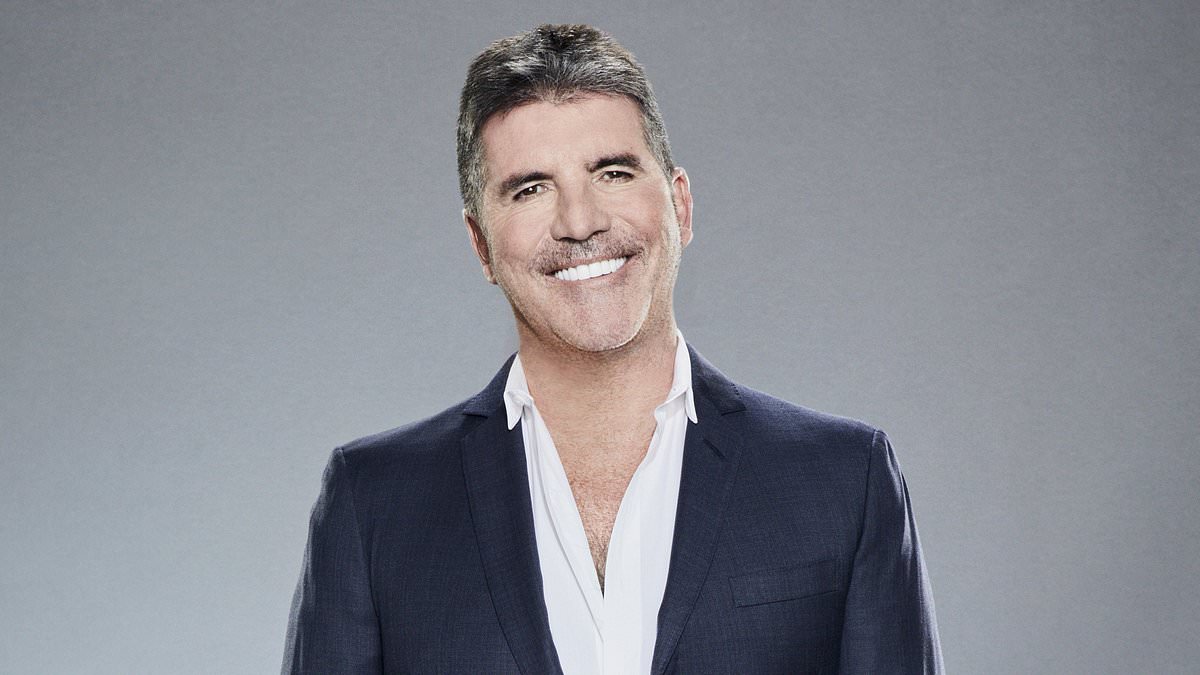It’s impossible to put an accurate price or value on an idea until long after it has come to life. It could be a song, a photograph, a story or a piece of art.
Britain has so much talent and some of the most creative people on the planet. I believe we have a duty to make sure we protect the power and value of our creativity and ideas, for ourselves and for generations to come. The thought that anyone would believe they have the right to blindly give this country’s creative ideas away – for nothing – is just wrong.
I’m not a tech expert, I don’t have a phone. I’m a huge fan of many aspects of AI and I have actually invested in it – and we are also using it in aspects of our business. I think it’s a game-changer. Many of the plusses outweigh the minuses, but we have no clue of its capabilities right now.
Some of the things I’ve heard about from AI being used recklessly and without regulation are scary.
In the case of AI’s impact on copyright and the creative sector in Britain – from music to photography to television or writing – I don’t think the impact has been considered properly. And this isn’t about me. This is for the future generations who are going to create work they love and value. This is just basic common sense. Over the last 40 years in the TV and music industry, I and my teams have had to learn to evolve our creative businesses alongside and in partnership with many new technologies.
We have always been huge supporters of social media and sometimes we have been one of the first to adopt them and support them – as well as admit that our shows and artists have become so successful thanks, in part, to the powers of social media.
Paul Potts’s and then Susan Boyle’s auditions on Britain’s Got Talent were among the first to create global stars through YouTube – and there have been many more since then.
One Direction and their fanbase were legendary in both the tech and music industries at the time, when social media was first exploding.
They benefited each other beyond measure. In some ways it’s always a leap of faith you have to take but I believe you should always take that leap with as much information as possible.
We all thought email and then social media had changed our lives, but we are now looking at a future where AI will undoubtedly transform things in ways that make those tech advancements look like the warm-up.
As it stands, it doesn’t look as if there is any concept of the damage it could potentially cause to allow some of these AI companies to literally steal the work of every musician, writer and creator in Britain. The destruction faced by the music industry is an obvious massive problem – especially for aspiring musicians, writers, artists and producers.
There are huge amounts of people who work behind the scenes in the creative industries on all different sizes of projects – from hit songs to shows in more areas than you can possibly imagine. Many of their livelihoods risk being wiped out by AI if this is not managed and regulated properly. Computer-generated music could replace all of them. And it won’t be as good.
Personally I have worked with so many people who have written songs, produced shows and it’s often taken years. A great song to me is like a great painting. I really do embrace the future: however, I also believe that you have to be fair. And I’m only writing this because I passionately care about people’s personal creativity – and AI shouldn’t be able to steal the talent of those humans who created the magic in the first place.
This is something I’ve seen over the past few years with the rise of influencers: young people reaching an audience of fans through social media, sharing their love of everything from fashion to writing to music, of course. Which is brilliant! But they could be threatened by AI and the computer-generated accounts marketing all kinds of music or writing and even taking over from influencers.
Anyone who is able to create something they passionately care about deserves to have their work protected.
I’ve spent my career finding new talent, starting my own record label and then creating TV formats like The X Factor and Got Talent across the world. It is a business, but I have always done it because I love creating the opportunities and platform – and it’s an incredible buzz to discover talent.
Whether they are singers, songwriters or producers, it doesn’t matter, because it’s their unique creativity which fuels the future. One great artist or producer can inspire so many people. I’ve seen it countless times.
You might imagine that it’s completely illegal to copy the unmistakable voices of world-famous performers, past and present. Apparently it’s not.
And it’s difficult to prevent AI companies from taking artists’ songs on streaming platforms and using it to train their models. It will become impossible if companies are able to ‘scrape’ and copy all the world’s music and content.
There is no question that tech has the capacity to amplify the power and impact of music and television – and it already has. But the advice I always give people is never to guess – especially when the stakes are high. When you don’t know everything, it’s better to take a pause.
I want to say this again. What is coming is huge. A game-changer. Think about this – and consider the impact every decision made at this point is going to have on so many people who have a unique talent.
This is potentially one of the biggest moments and decisions of our time.
